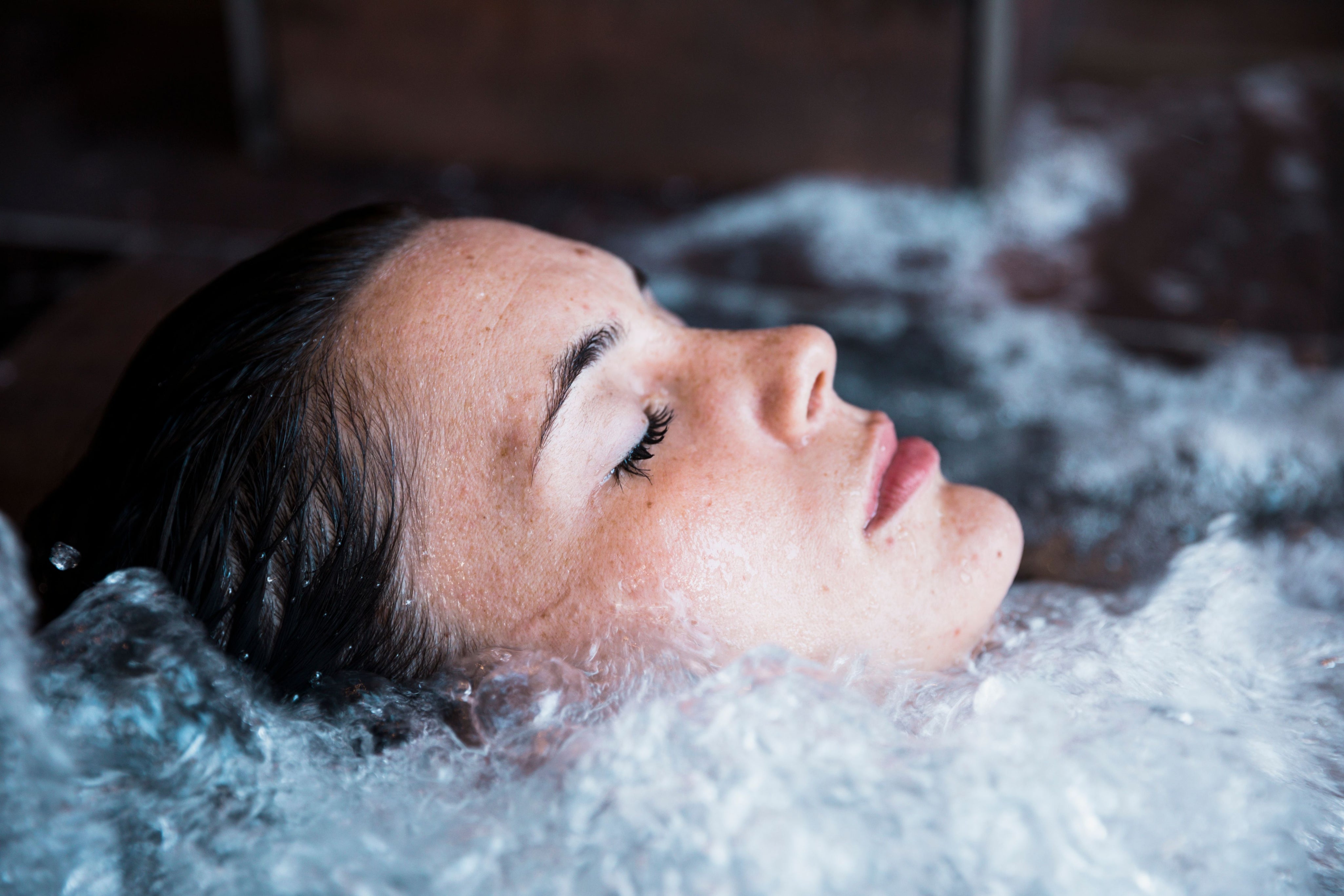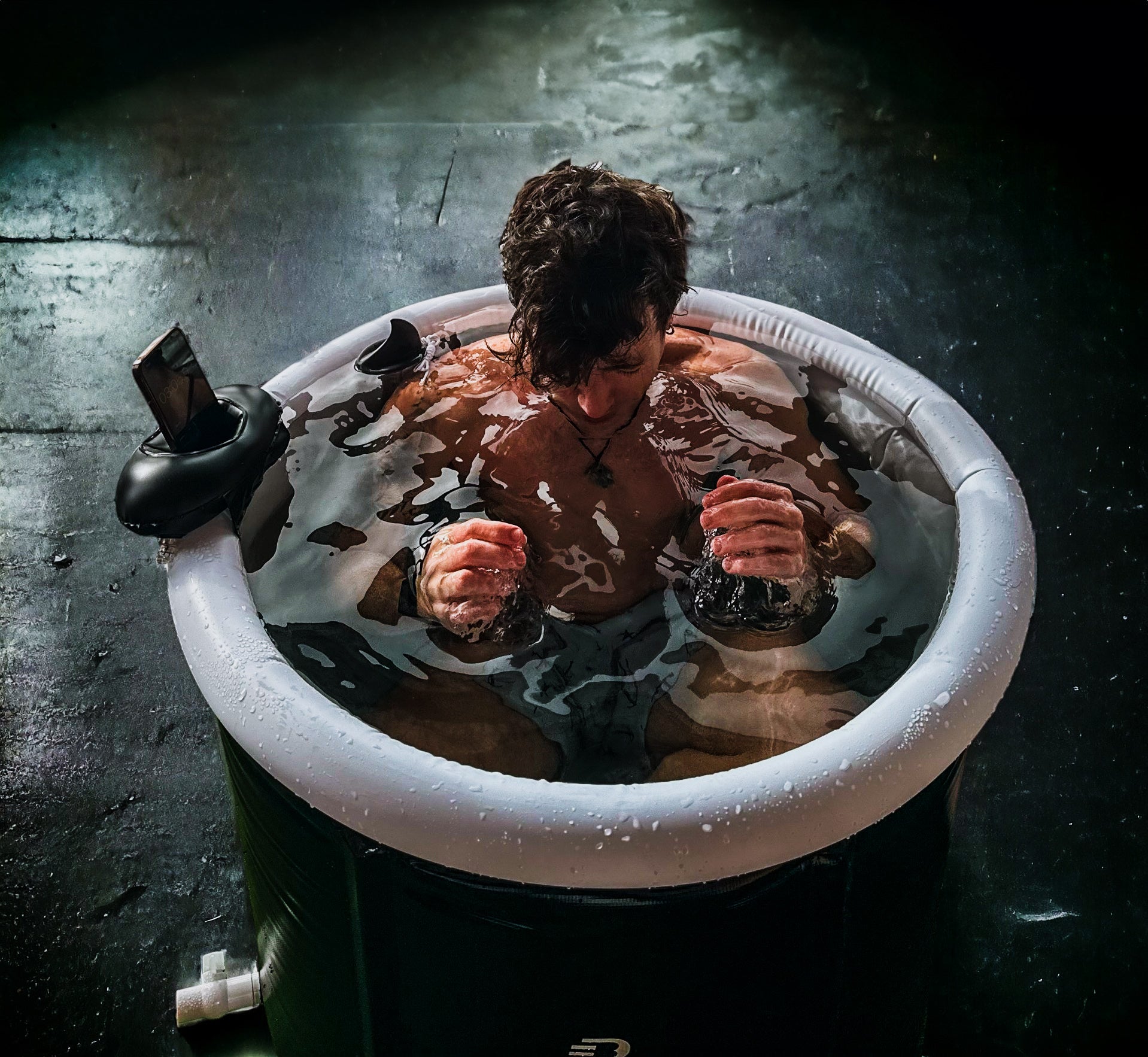Cold Plunge for Postpartum Recovery: Why It’s a Game-Changer

Postpartum recovery is often an overlooked part of the birthing experience. After nine months of pregnancy and the marathon of childbirth, your body is craving relief. That’s where the cold plunging comes in. Let’s talk about why ice baths aren’t just for athletes but might be a secret weapon for new moms. We’re diving into the science of how cold therapy accelerates healing and gives you a serious edge in your recovery journey.
How Ice Baths Aid in Postpartum Healing
Minimizing Inflammation
Childbirth takes a toll on your body. Muscles, tissues, and joints are inflamed, and your body is in a state of recovery. Ice baths work by constricting blood vessels, reducing muscle damage and swelling, and flushing out toxins. When you submerge yourself in cold water, it kickstarts metabolic health, reducing the inflammation that can cause muscle soreness and stiffness. Think of it as hitting the reset button for your body after all that trauma.
Relieving Pain
Pain is a big part of the postpartum period, but cold temperature can help. Cold plunging offer a natural form of pain relief by numbing the affected areas. This is huge, especially when you're looking for an alternative to popping more pain meds. The cold also slows down nerve impulses, which helps reduce the sensation of pain. For women dealing with perineal tears or post-episiotomy soreness, cold water exposure can provide immediate relief.
Providing a Soothing Effect
Let’s not ignore the mental health. Postpartum anxiety and exhaustion of new motherhood are real. Cold baths trigger a rush of endorphins—your body’s natural feel-good chemicals. That’s why so many people feel a sense of calm and clarity after cold exposure. It’s not just your body healing but your mind getting a break from the chaos. It’s almost like hitting pause on the mental stress and physical pain that can weigh you down.
Supporting Healing
Healing postpartum involves much more than just managing pain. Cold exposure accelerates recovery by stimulating the vagus nerve, which is responsible for a lot of bodily functions, including your immune and inflammatory response. In short, cold plunges don’t just ease the symptoms; they actually help your body heal faster. This means quicker recovery times and less downtime, allowing you to get back on your feet (and with your baby) faster.
Perineal Tear and Episiotomy Relief Many new mothers suffer from a perineal tear or undergo an episiotomy during childbirth. The discomfort can be long-lasting, but cold temperature can significantly reduce swelling and provide targeted relief in these areas. Applying cold to this sensitive area can speed up healing, reduce discomfort, and help restore tissue faster.
Postpartum Recovery Options to Use in Tandem with Ice Baths
Heat Therapy Think of heat and cold therapy as a dynamic duo. While cold plunging reduces inflammation, heat therapy can soothe sore muscles and improve flexibility. After a cold plunge session, using a heat pack on your back or hips can complement the benefits by loosening up stiff muscles and promoting blood flow.
Physical Therapy Incorporating physical therapy into your postpartum recovery can maximize the results of cold plunging. Physical therapists often recommend a mix of cold and movement therapy to accelerate healing, strengthen the pelvic floor, and ease any joint or muscle stiffness. The cold therapy helps reduce inflammation, while the gentle exercises works to rebuild strength, making the two an ideal combination.
Massage Therapy If you think massage is just a luxury, think again. Pairing it with cold water immersion can work wonders for your recovery. Massage helps break up any tension and improve blood circulation, while cold therapy reduces inflammation. The two together help your body heal from the inside out, providing both relaxation and tangible recovery benefits.
Ice Bath Precautions for New Mothers
While cold plunges have tremendous benefits, they’re not for everyone, especially in the delicate postpartum period. Here are a few things to keep in mind:
- Consult your doctor before starting cold water therapy, especially if you’ve had any complications during childbirth.
- Start slow. Cold water immersion can be shocking to the system. Begin with shorter durations and work your way up as your body adapts.
- Be mindful of any existing medical conditions. If you have high blood pressure or heart issues, it’s critical to speak with a healthcare professional for a medical advice before starting.
- Don’t submerge any open wounds directly into cold water. If you’ve had stitches or are recovering from an episiotomy, speak to your doctor and healthcare provider about how to safely use cold water therapy.
My Opinion
Look, cold therapy is no joke. It’s not a magic bullet, but it’s close. The way it reduces inflammation, manages pain, and speeds up healing is hard to ignore. The postpartum period can feel like a blur of discomfort, sleepless nights, and physical recovery. Cold plunges are a powerful tool to help you get ahead of that curve. Combine it with other therapies like heat, massage, and physical therapy, and you’re looking at a holistic approach to recovery.
Here’s the deal: there’s no one-size-fits-all solution to postpartum recovery. What worked for your friend might not work for you. But if you're looking for a way to reduce pain, get your body back on track, and reclaim a little bit of your mental health in the process, cold plunges are worth a serious look.
New motherhood is intense. Your recovery doesn’t have to be.




